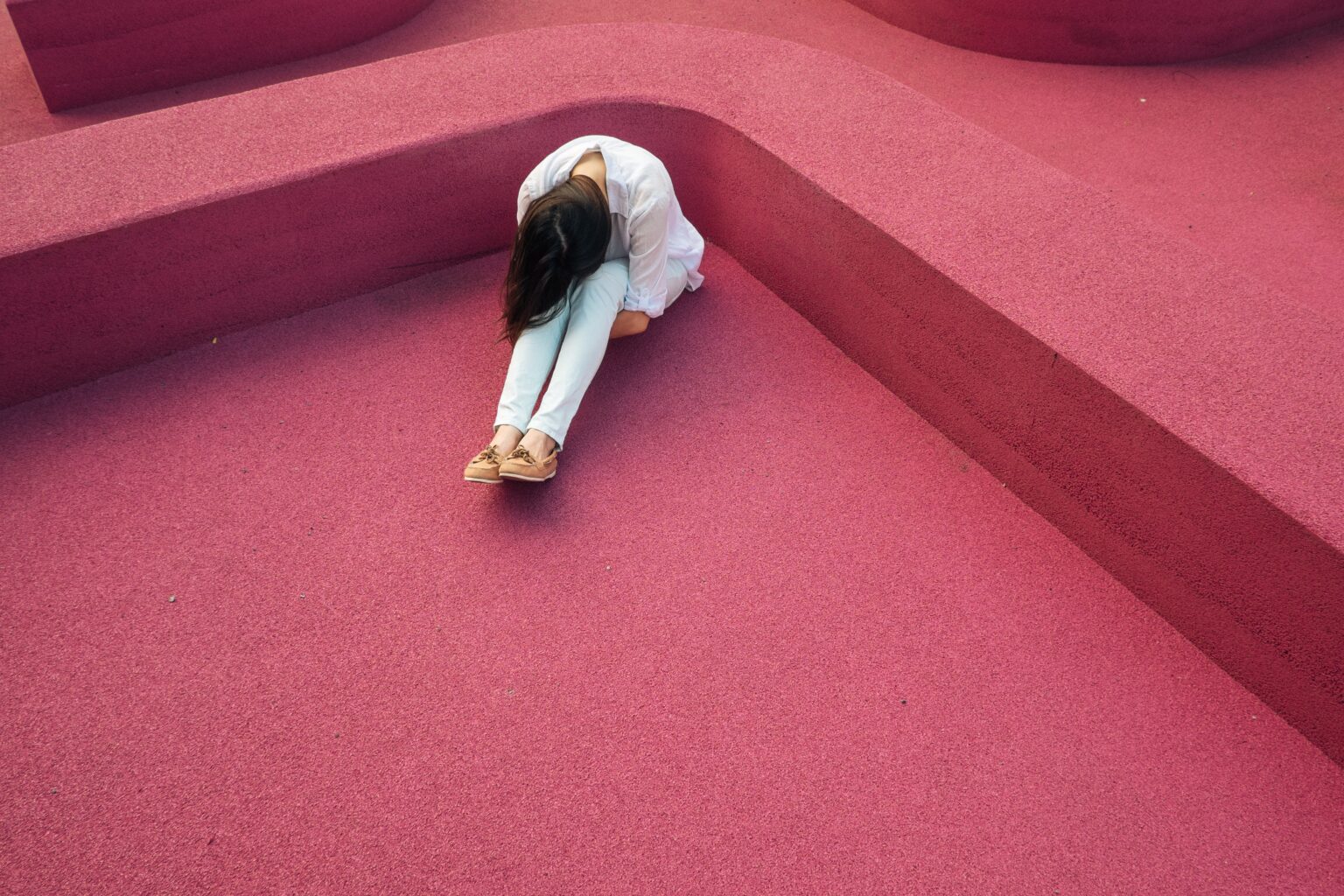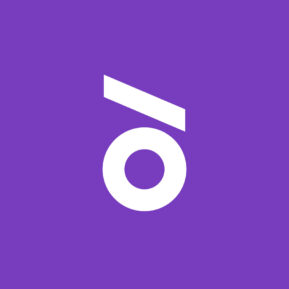We are republishing Meropi Kokkini’s article in LIFO’s “Do the right thing” column, which presents the vision, mission, and actions of the Diotima Center.
“Despite the legalization of equality in our country, the achievement of substantial equality still has a long way to go. As an example, I will only mention the gender equality index published by the European Institute for Gender Equality (EIGE) for 2019, in which Greece comes in last and exhausted,” says Natassa Kefallinou, the communication manager of the Diotima Center.
From 2015 until today, 2,800 women have been supported by Diotima’s services and 500 women have been represented in courts in cases involving gender-based violence.
More specifically, for 2019, 749 women received psychosocial support, and 408 legal assistance, while 656 serviced and served participated in empowerment groups as well as male inclusion and awareness.
The Diotima Center is a women’s non-profit organization specializing in gender and equality issues.
During its thirty years of activity, since 1989, its vision is to highlight and address gender discrimination, its contribution to the formulation and promotion of gender equality policies, the defense of women’s rights, and the multifaceted support of all women in need providing assistance to vulnerable and excluded groups who have experienced gender-based violence, informing and raising awareness about gender stereotypes and gender-based violence.
The most frequent discrimination against women today is systematic discrimination at work, inequality of opportunities, lack of access, exclusion, and deprivation of public resources and goods (not only material but also intangible, such as time, knowledge, information, networks, recognition, etc.), and of course their under-representation in decision-making centers.
These situations remain hard facts for women, in all areas of economic, social, political, and cultural life in Greece and internationally.
“The Diotima Center recognizes that the economic autonomy of women is of paramount importance for their social liberation. Access to employment and their inclusion in the labor market in an equal way, are key stakes of our intervention,” says Mrs. Kefallinou.
And, of course, let’s not forget the issue of gender-based violence, central to the feminist agenda, which is at the hard core of gender inequalities and produces, as well as, reproduces power relations between men and women.
Gender-based violence is a daily, global phenomenon that affects the vast majority of women and young girls, but also LGBTI+ people.
It includes any harmful act against the dignity and integrity of those who suffer it. It can be done in both private and public places (home, work, public transport, etc.).
It is worth noting that gender-based violence causes physical, sexual, or mental trauma. In its extreme manifestation, it can lead to femicide. Even threats of such acts, coercion, and/or deprivation of liberty constitute gender-based violence.
It involves the use of actual or perceived power/authority and is used as a means of exercising social control, punishment, and “correction” of the individuals who experience it.
Gender-based violence in all its forms constitutes a criminal offense (often a felony) and is severely punished by Greek law.
In fact, with the ratification of the Istanbul Convention by Greece (2018), forms of gender-based and domestic violence that until now were not legally recognized as such (stalking, economic violence, female genital mutilation, forced marriage) are now systematically documented and criminalized.
Low-income women who have suffered gender-based violence, or any form of abuse, and who belong to excluded groups, can address Diotima. Supporting these women is very important.
Although all women can find themselves in this situation, regardless of class, nationality, religion, age, educational and economic level, sexual orientation, cultural, and linguistic characteristics, the most vulnerable are the unemployed, the precariously employed, those who are raising children alone, immigrant women, and refugees.
And this is because they lack economic independence and social support, thus facing even greater obstacles in their attempt to break free from the abusive environment. This fact has multiple consequences on the physical and mental health of both themselves and their children.
The Diotima Center operates in Athens, Thessaloniki, and Mytilini, and the team includes 54 professionals.
How can someone contribute to your actions and help what you do? What can every citizen do? You can make the donation via phone/web banking or through a bank by writing the word “donation”. The account number is as follows: ALPHA BANK GR5501401200120002002016866. Through your donation you support psychological support and legal aid services. Legal assistance includes legal advice, long-term legal support, full legal representation and coverage of all costs of legal proceedings in civil cases (divorce, injunctions, alimony, custody of children, etc.) as well as criminal cases (e.g. domestic violence, sexual harassment, rape, trafficking and trafficking in women). All our services are free.





